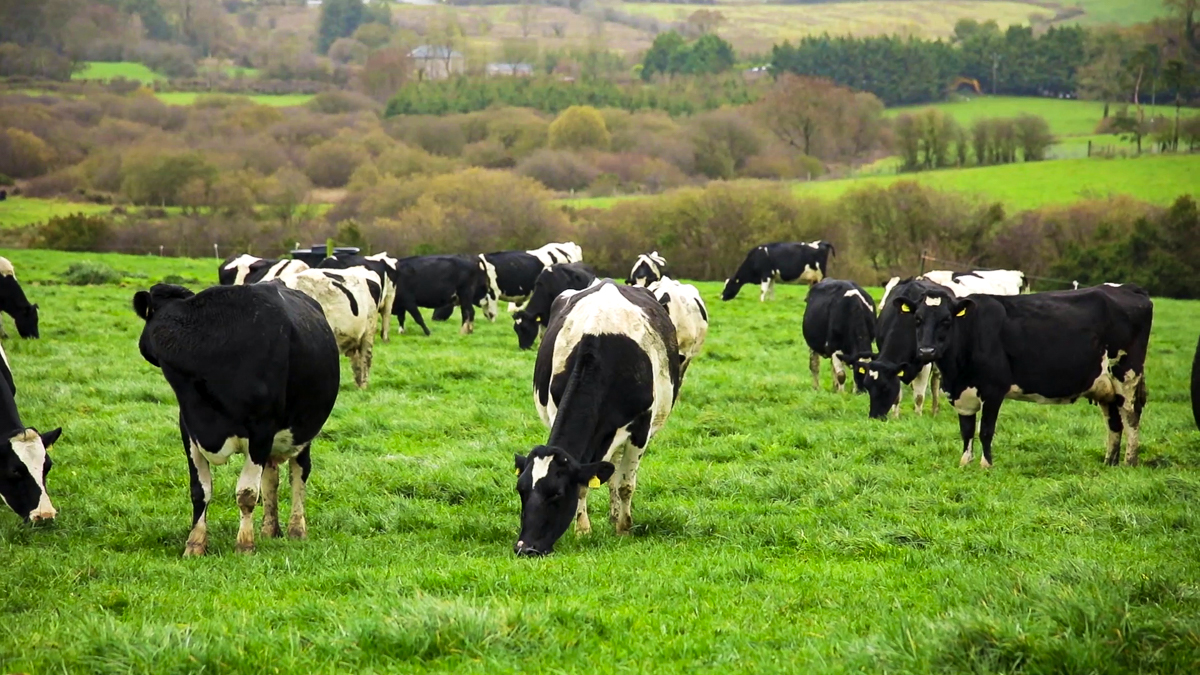The Department of Agriculture, Environment and Rural Affairs (DAERA) is offering fifteen dairy farmers the opportunity to travel to the Midlands in England for its latest Farm Innovation Visit (FIV).
The visit will enable the chosen farmers to learn how progressive dairy farmers have reduced their herd dependance on antibiotics. A number of production systems will also be featured as part of the tour, including a visit to the Nottingham University Dairy Research Facility.
Furthermore, the visit will also feature an evening presentation by Dr. James Breen, a veterinarian with many years of experience, both a practitioner and reseacher, specialising in mastitis reduction strategies.
Dr. Breen is an Associate Prof. of Cattle Health and Production at the University of Nottingham and has been involved in the production of many research papers on mastitis, as well as lecturing at the University of Nottingham.
Dr. Breen was involved in the roll-out of the Agriculture and Horticulture Development Board (AHDB) mastitis control programme, which was succesfully implemented on numerous farms in Great Britain.
He was also involved in training people to use the associated software, to allow wider implementation of the mastitis control programme across the UK.
DAERA visit
The two-day, one-night visit is expected to take place over March 8 and 9, 2023.
The FIV scheme, which is part of the Northern Ireland Rural Development Programme, will cover the costs associated with setting up the visit, as well as accommodation, travel outside Northern Ireland and meals when in Great Britain.
Participants will be expected to meet any additional costs, including farm relief and travel insurance.
Those interested can submit an application to attend from tomorrow (Friday, December 9) until the closing date on Wednesday, December 21, at 4:00p.m. Applications can be submitted online via the DAERA website.
Applications are invited from one member or employee of a dairy farm business, particularly from those who are recording antibiotic use.
If there is sufficient interest the department may consider a subsequent tour.
After the trip, to increase the benefits arising from the study tour, all applicants must identify a group of farmers to share their findings with upon their return.
